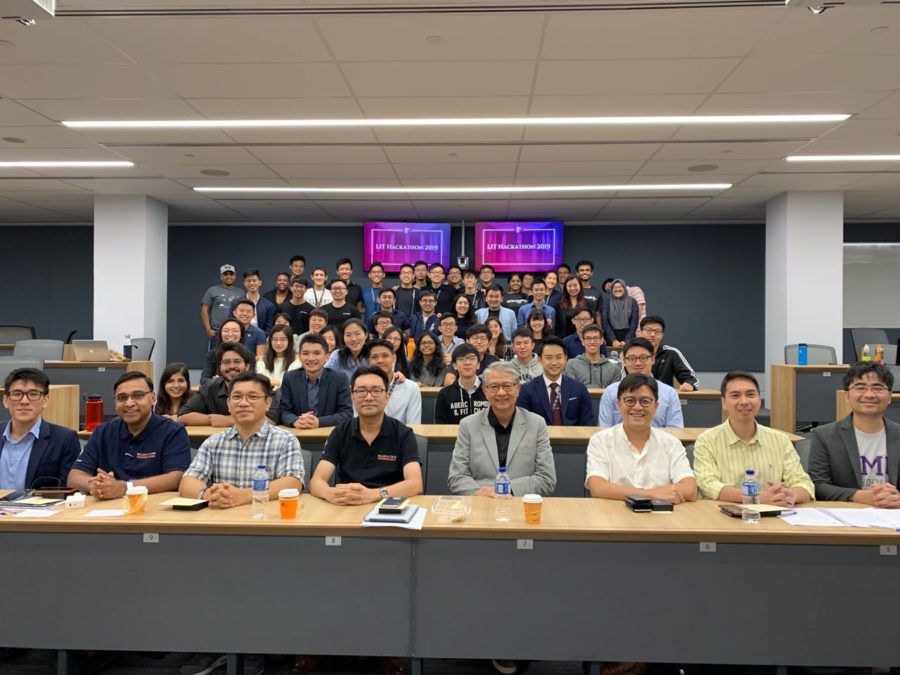Written by Emily Tan | Edited by Jennifer Lim Wei Zhen, Josh Lee, Maryam Salehijam (Resolve Disputes Online)
Introduction
Cases turn on their facts. Lawyers depend on both the law and the specific circumstances of their client’s case to make a convincing argument for their client. This makes the discovery process, where the available information is sifted through to identify relevant evidence, a crucial step in any case.
However, discovery is by its nature a slow and laborious process. Countless hours are spent digging through documents, emails and other such sources, searching for the key factors which may make or break a case. This “time-drain” has been exacerbated by the digitalisation of work, which has exponentially increased the volume of documents that lawyers have to analyse. In addition, it is typically the junior lawyers who are delegated to do the discovery task — which explains the television stereotype of young lawyers poring over cartons and cartons of documents late into the night.





